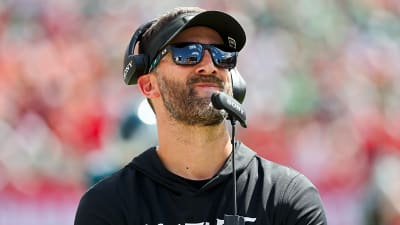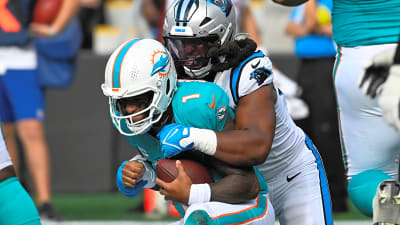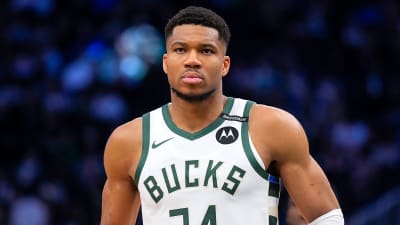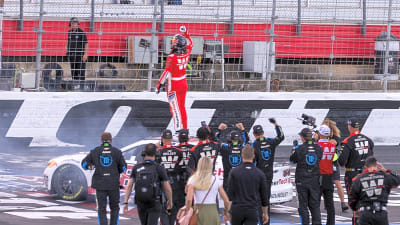
The Super Mario Bros. Movie gave us a lot: rainbow road chaos, Jack Black’s operatic Bowser, and yes, a surprise appearance from the infamous DK Rap. But while fans were thrilled to hear the 1999 Donkey Kong 64 track blast through theaters, composer Grant Kirkhope was left staring at the credits in disbelief. His name? Nowhere to be found.
Kirkhope, who co-wrote the track with George Andreas during their time at Rare, didn’t just create a meme—he created a whole generational sound bite. The DK Rap has lived on in gaming culture for decades, from ironic YouTube remixes to Smash Bros. cameos. So when it showed up in a billion-dollar animated blockbuster, you’d think the guy who wrote it would get a little love. Instead, Nintendo credited the song simply as “From Donkey Kong 64.” No mention of Kirkhope. No nod to Andreas. Just a corporate shrug.
Nintendo’s Reasoning: A Legal Labyrinth of “Ownership”
Kirkhope didn’t take the snub lightly. He reached out to a contact at Nintendo—someone he’d worked with on Super Smash Bros. Ultimate—to ask why his name was missing. What he got back was a legal explanation that reads like a flowchart designed by a committee.
According to Nintendo’s internal policy, composers are only credited in the movie if:
- The music is owned by Nintendo.
- The music includes vocals.
- The composer isn’t Grant Kirkhope, apparently.
Okay, that last one’s not official, but it might as well be. The DK Rap checks all the boxes—Nintendo owns it, it has vocals, and it’s featured prominently in the film. But because Nintendo owns the rights and didn’t re-record it (they literally sampled it straight from the N64), they decided not to credit anyone except Koji Kondo, the legendary Mario composer.
Kirkhope’s response? “F***ing depressing.” He still hasn’t watched the full movie, even though he’s seen the DK Rap scene. And honestly, who can blame him? (we sure as sugar don’t!)
Fans Rally, But the Credits Stay Silent

The backlash was swift. Fans flooded social media with support, tagging Kirkhope and calling out the omission. Some even stayed through the credits hoping to see his name scroll by. Spoiler: it didn’t.
Kirkhope’s frustration isn’t just about ego—it’s about recognition. He’s spent decades composing iconic tracks for games like Banjo-Kazooie, GoldenEye 007, and Viva Piñata. The DK Rap may be goofy, but it’s part of gaming history. And when history gets rewritten to exclude the people who made it, that’s not just a snub—it’s erasure.
The DK Rap Deserved Better
Nintendo had every legal right to omit Kirkhope’s name. But just because something’s legal doesn’t mean it’s right. The Super Mario Bros. Movie was a celebration of gaming’s greatest hits—and the DK Rap was one of them. Giving credit where it’s due isn’t just good practice—it’s good storytelling.
So here’s to Grant Kirkhope: the man behind the rap that launched a thousand memes. Whether or not Nintendo wants to admit it, his work made it to Hollywood. And the fans? We haven’t forgotten.
More must-reads:
- 49ers' red-hot backup Mac Jones aims to keep streak alive against Buccaneers
- Breece Hall makes feelings on uncertain future clear amid Jets' 0-5 start
- The 'Most starts by an NFL quarterback' quiz
Breaking News
Trending News
Customize Your Newsletter
 +
+
Get the latest news and rumors, customized to your favorite sports and teams. Emailed daily. Always free!








